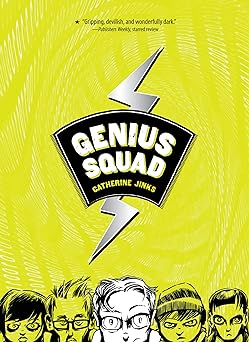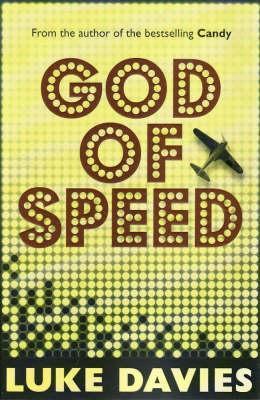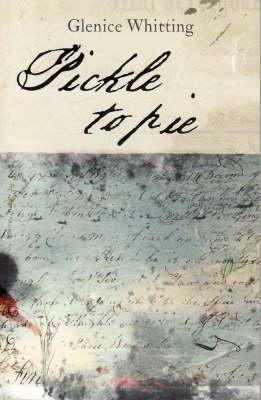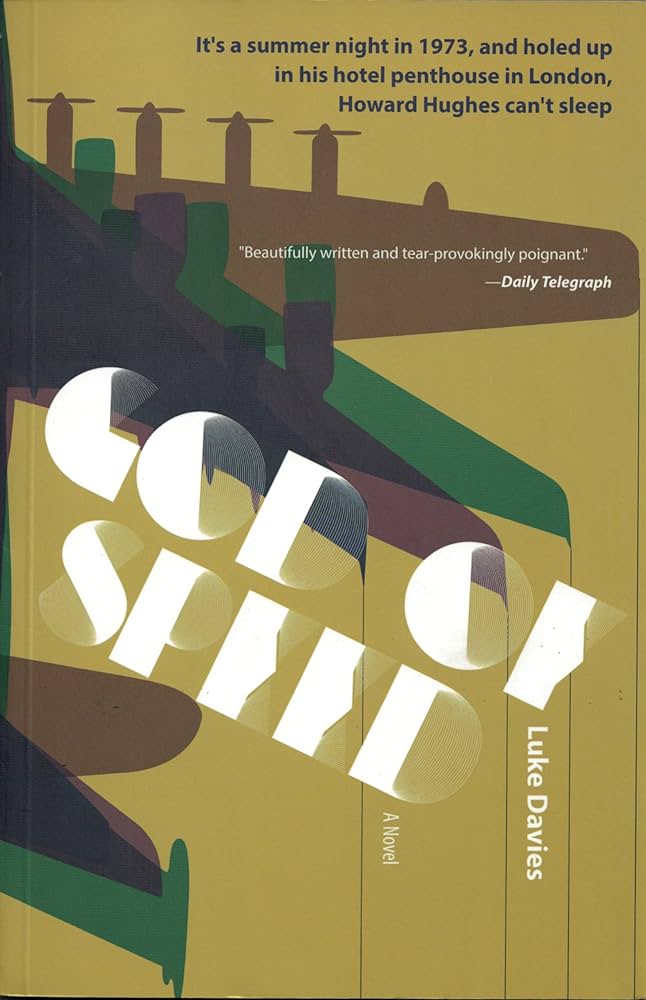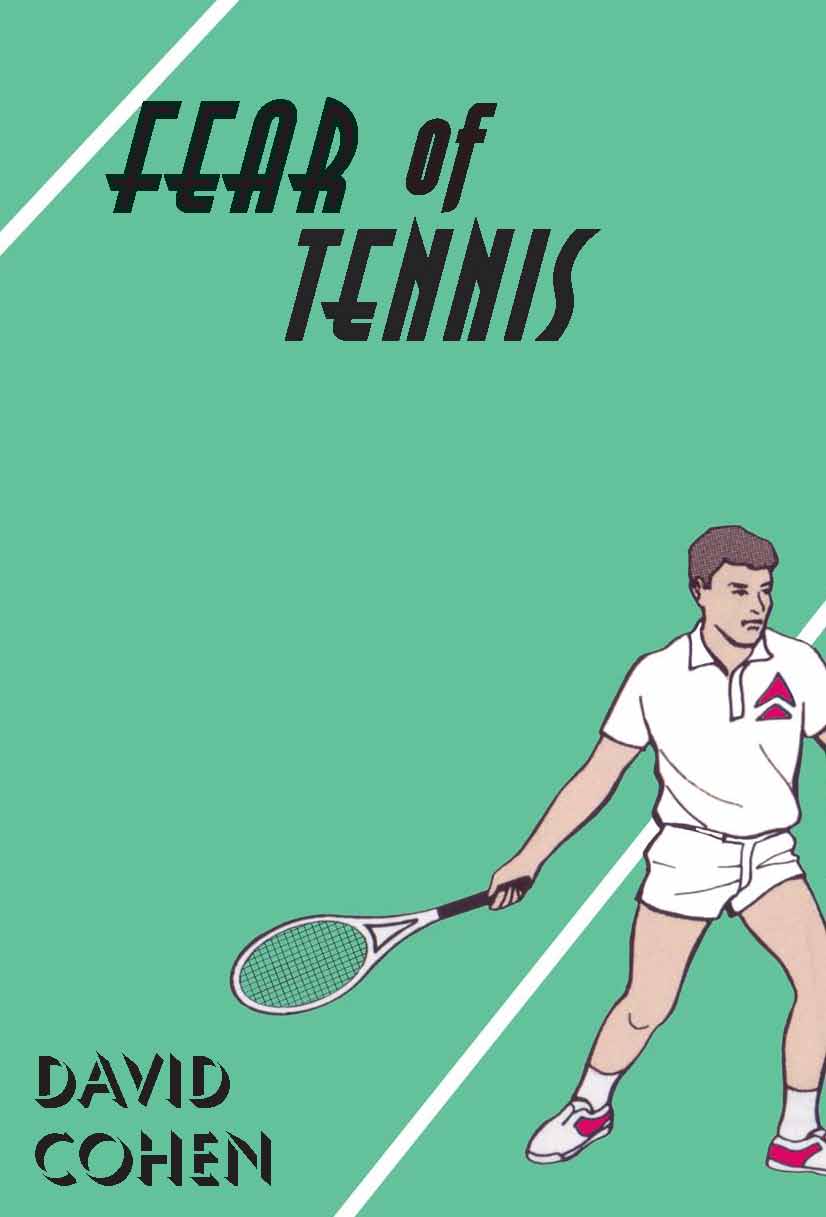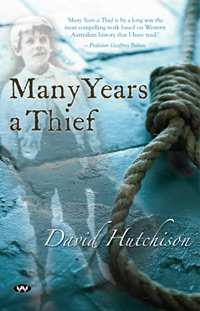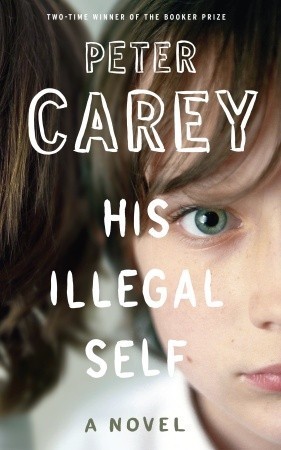Fiction
Genius Squad by Catherine Jinks & At Seventeen by Celeste Walters
In the essay ‘Pay Attention to the World’, written shortly before her death in 2004, Susan Sontag argues that fiction is ‘one of the resources we have for helping us to make sense of our lives … [it] educates the heart and the feelings and teaches us how to be in the world’. While Sontag’s insight recognises the power of literature in general, the qualities she identifies are particularly significant in young adult fiction. Genius Squad and At Seventeen are two examples of the ‘rite of passage’ novel, where adolescent characters’ quests for self-discovery illuminate parallel themes in the lives of teenage readers.
... (read more)For many Australians, the Burke and Wills odyssey is a sketchy episode in our history. For Kevin Rabalais, a recent immigrant to this country from New Orleans, the fragments of the story were obviously an intriguing premise for a novel. His first novel, The Landscape of Desire, retraces this expedition and the later one led by Howitt that set out to find the missing explorers. The strange thing is that the author does not approach his work as historical fiction, but as literary fiction.
... (read more)In 2005 Simon Cleary was shortlisted for the Queensland Premier’s Award for the best manuscript of an emerging Queensland author, and here it is, every bit as fresh and lyrical as the report promised. It is one of those novels that works by close-up focus on substantiating detail, leaving the main contours of the plot to emerge as they will; like a bridge, perhaps, calling attention to its line and form and even its usefulness. It takes a more careful eye to appreciate the development and assembly and the structural stresses – its very strength.
... (read more)The title is presumably meant to be ambiguous. Not only did the protagonist, Howard Hughes, hurtle round the world in aeroplanes of his own devising, and not only did he ingest amphetamines at a rate that would finish most of us, but there is also a sense of his crashing non-stop through life itself. And 'speed', he tells us in Luke Davies' remarkable new novel, 'shouldered some of the weight for me ... helped me maintain control over a bucking project, since, control, ultimately, is all there is.'
... (read more)Pickle to Pie by Glenice Whitting & The Whisper of Leaves by K.S. Nikakis
In Glenice Whitting’s début novel, a dying man, Frederick, recalls his childhood in Footscray from before World War I to the end of his life at the close of the twentieth century. The theme is the split identity of an Australian-born man who has strong connections to his German heritage. His formative influence is his charismatic grandmother who raises him when he is rejected by his mother. This remains the centre of his personality even when, as he grows older, he craves acceptance as an Australian. Frederick is more like a first-generation immigrant than a second, especially as the grandmother names him Frederick Joseph Heinrich Frank Fritschenburg, a name destined to become a burden in his childhood as Australia succumbs to rabid anti-German propaganda during World War I. A similar predicament impels the family to change their name to Fraser.
... (read more)The title is presumably meant to be ambiguous. Not only did the protagonist, Howard Hughes, hurtle round the world in aeroplanes of his own devising, and not only did he ingest amphetamines at a rate that would finish most of us, but there is also a sense of his crashing non-stop through life itself. And 'speed', he tells us in Luke Davies' remarkable new novel, ‘shouldered some of the weight for me ... helped me maintain control over a bucking project, since, control, ultimately, is all there is.’
... (read more)Narrative, historical narrative in particular, figures strongly in these recent books from Judy Johnson – one a new collection of poems, the other a welcome reissue of her verse novel. Jack was first published in 2006 by Pandanus, shortly before that imprint’s demise. It won the 2007 Victorian Premier’s Award for Poetry, and is republished now by Picador. With its lonely, embittered, one-eyed captain, its miscellany of onboard characters and Coral Sea setting, it is not without potentially cliched romantic elements – which the Picador cover, with its Blue Lagoon-like scene and blockbuster typeface, is happy to trade on. But Jack compels.
... (read more)Fear of Tennis is David Cohen’s quirky and absurd first novel. It features the obsessive Mike Planner, whose interests include court reporting and bathrooms. When he bumps into Jason Bunt, his best friend from high school, Mike recalls how they fell out.
... (read more)It is hard to become excited about Peter Carey’s new novel, and that is a hard notion to entertain. We are used to being tested, and vastly entertained, by Carey. For a quarter of a century he has written distinctive and highly original fiction, including two or three books (notably True History of the Kelly Gang [2000] for this writer) that triumphantly fulfilled the novel’s enduring claim on our attention. This new work – though comparably imaginative in places – seems to mark not so much a falling-off as a kind of marking time.
... (read more)

